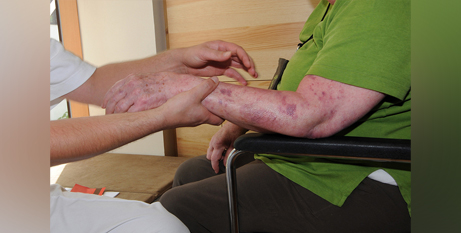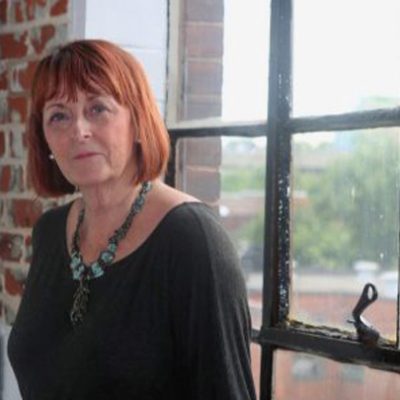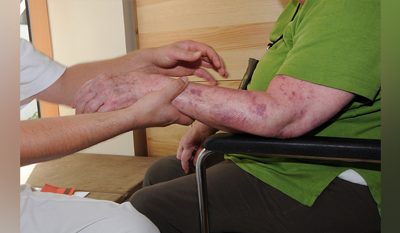
The number of Australians aged over 85 is projected to reach more than one million in the next two decades, presenting a challenge if we truly mean to provide dignity and excellent care for all, write Alex Lynch and Josh Hunt. Source: The Catholic Weekly.
The ageing of our population will have enormous consequences – but one issue which is not considered enough is how to ensure our loved ones have access to end-of-life care that tends to their physical, emotional, social and spiritual needs.
This is what high-quality palliative care can provide.
Right now, out of approximately 190,000 Australians who die each year from predictable causes, only about 70,000 access specialist palliative care. The number of Australians with terminal illness is set to significantly increase as the baby boomer generation ages.
A national poll by Redbridge Group, commissioned by Catholic Health Australia, found that 87 per cent of Australians believe that palliative care should be universally accessible – but only 38 per cent are confident they could access it in their local community.
The danger is that with current levels of funding and outdated policy settings, many people will miss out on the care they need.
This is partly because access is often unfairly determined by location. Those in metropolitan areas tend to have greater choice, while many in regional and rural areas struggle to find appropriate inpatient or home-based palliative care services.
But even in metropolitan areas, access to palliative care is inconsistent and rationed.
Addressing this inequity requires targeted policy interventions and a commitment to ensuring dignified end-of-life care is a core component of our healthcare, aged care and disability support systems.
There are several reforms the federal Government could make to strengthen palliative care and improve accessibility nationwide. One option that would make an enormous difference is to reintroduce default benefits (the minimum insurers must pay for a treatment) for “Hospital in the Home” services, including palliative care.
This would ensure that more people who want to spend their final days in the comfort of their own homes – surrounded by loved ones – would be able to make that choice in consultation with their doctors.
Alex Lynch is the Director of Public Health and In-Home Support for Catholic Health Australia. Josh Fear is the National Policy Director for Palliative Care Australia.
FULL STORY
We need reform to secure universal access to high-quality palliative care (By Alex Lynch and Josh Fear, The Catholic Weekly)






